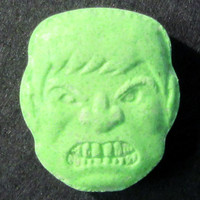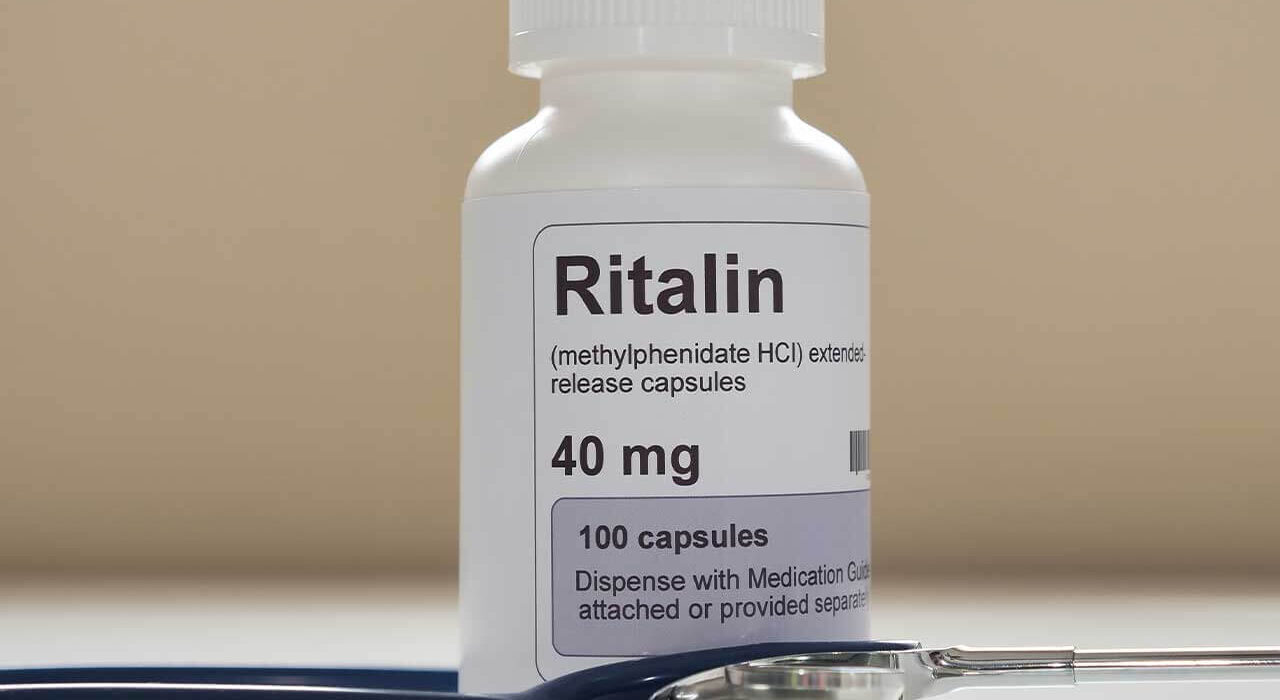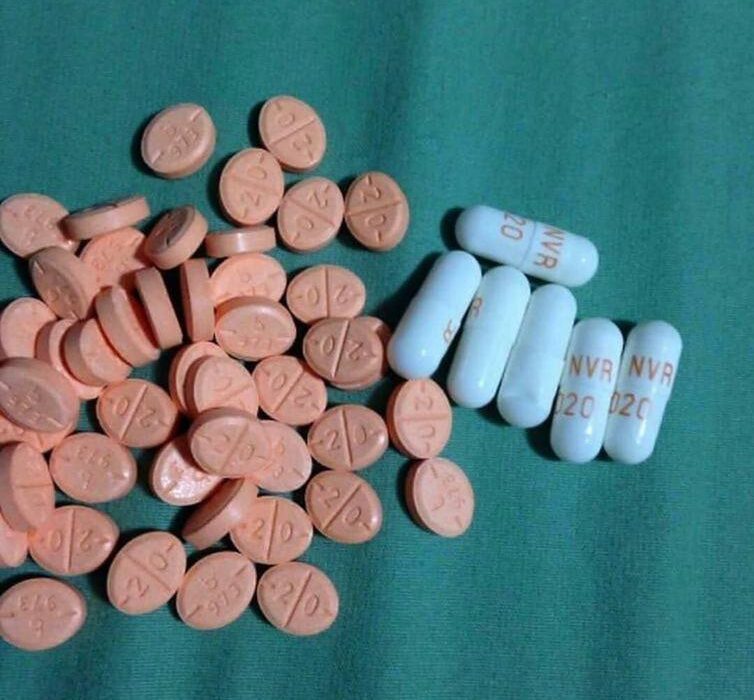Introduction to ADHD and Its Medications
Attention Deficit Hyperactivity Disorder (ADHD) is a neurodevelopmental disorder that affects both children and adults. It presents symptoms such as inattentiveness, hyperactivity, and impulsiveness, which can impact daily functioning and quality of life. While behavioral therapies and lifestyle changes play crucial roles in managing ADHD, medications are often a central component of treatment plans.
ADHD medications can be broadly classified into two categories: stimulants and non-stimulants. Doctors most commonly prescribe stimulants, and research has found them effective for increasing attention and controlling impulsive behaviors. They generally prescribe non-stimulants for people who do not respond well to stimulants or who experience significant side effects. At ADHDMeds.UK, we dive deep into these medications, providing you the insights needed to make informed decisions about your treatment options.
How ADHD Medications Work
Understanding how ADHD medications work can help individuals feel more confident in their use. Stimulant medications, such as methylphenidate, work by increasing the levels of certain neurotransmitters in the brain dopamine and viloxazine which helps improve concentration and reduce impulsivity and hyperactivity. These medications are fast-acting and typically show effects within an hour.
Non-stimulant medications, such as atomoxetine, guanfacine, and clonidine, work differently. Atomoxetine, for example, increases norepinephrine levels in the brain but does so more gradually, resulting in fewer side effects related to nervous system stimulation. Non-stimulant medications may take several weeks to show full efficacy, but they can be a suitable alternative for individuals who cannot tolerate stimulant medications. ADHDMeds.UK offers detailed breakdowns of various medications, helping you understand the nuances of each.
Choosing the Right ADHD Medication
Choosing the right medication for ADHD can be complex as it often requires careful consideration of individual needs, medical history, and lifestyle factors. Working with healthcare providers to evaluate the benefits and side effects of each medication is crucial. Many patients start with stimulants, as they are well-researched and have high effectiveness rates. However, for those whose symptoms are not adequately controlled or who experience side effects, non-stimulant medications can offer a viable alternative.
At ADHDMeds.UK, we encourage individuals to participate actively in their treatment process scheduling regular check-ins with providers, keeping symptom diaries, and maintaining open communication about any changes in condition or medication effects. With the right support and resources, managing ADHD with medications can lead to significant improvements in daily functioning and overall well-being.








